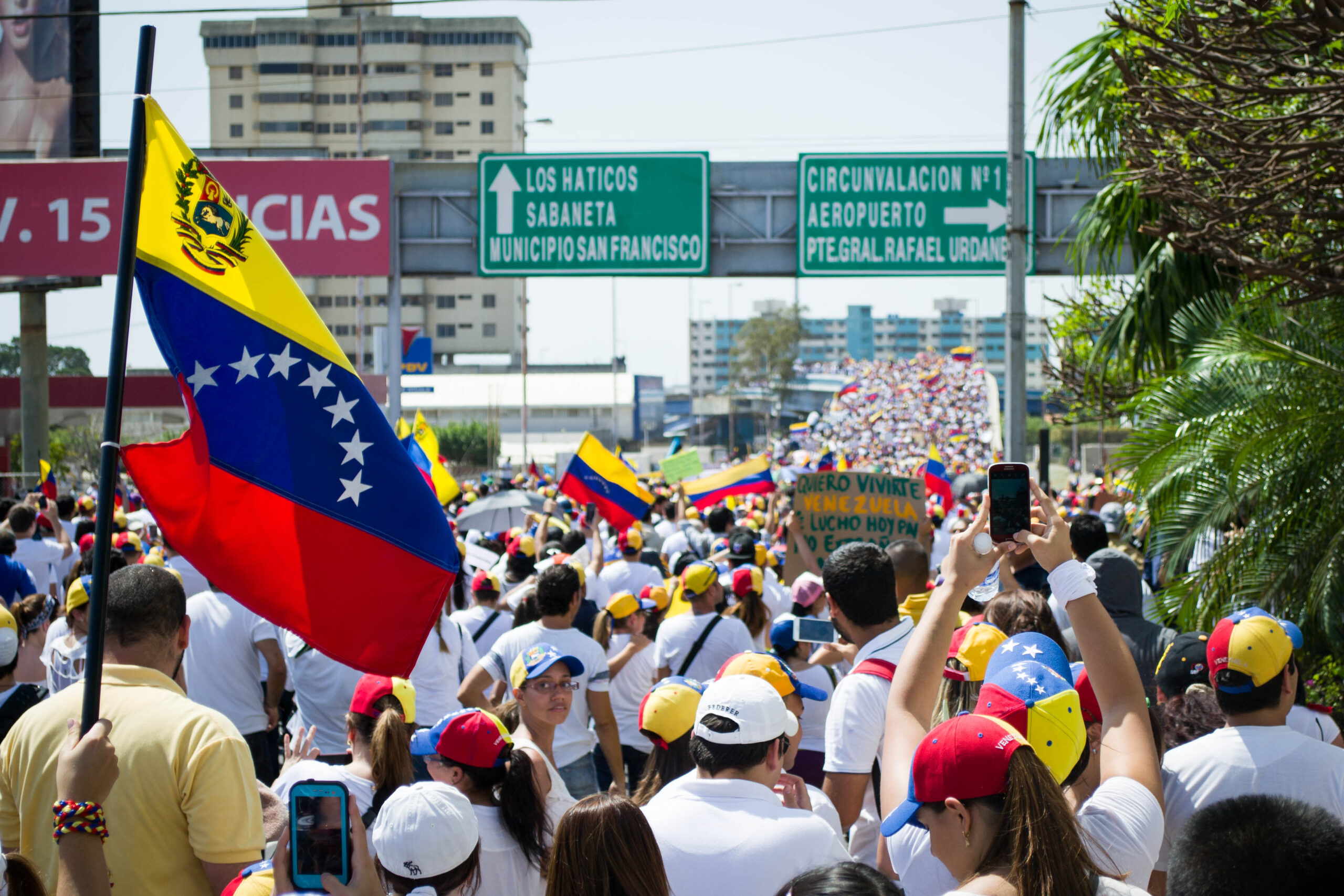The electoral council announced Maduro and his United Socialist Party of Venezuela (PSUV) won 51 per cent of the vote to rival Unitary Platform (PU) candidate Edmundo González Urrutia’s 44 per cent.
The US-backed opposition claimed the election was fraudulent, insisting that González won in a landslide.
González and Vente Venezuela leader María Corina Machado — who was barred from running in the election for her support of US sanctions against the South American nation — called for the protests to continue at a demonstration on Tuesday,
Maduro has described the protests as “a violent counterrevolution”.
Attorney General Tarek William Saab told reporters police had arrested 749 people during the protests.
Human rights group Foro Penal said at least 11 people had been killed in clashes related to the election count, five of them in the capital Caracas.
United Nations High Commissioner for Human Rights Volker Türk said in a statement, “I am extremely concerned about increasing tensions in Venezuela, with worrying reports of violence since last Sunday’s election.”
“All Venezuelans have a right to participate meaningfully in the decisions that affect their lives and the future of their country, including though credible elections.”
Sunday’s election results have been met with divided reactions from the international community.
Colombian Foreign Minister Luis Gilberto Murillo said in a video on social media, “For peace in Venezuela, it’s necessary to see all the certificates of the final results and for them to be audited by the world.”
Meanwhile, Russian diplomat Dmitry Peskov said, “We see the opposition does not want to accept its defeat, but we believe the opposition should do this, congratulate the winner of these elections.”
“It is very important that these attempts to shake up the situation inside Venezuela are not fuelled by third countries, third parties, and that Venezuela is free from external influence,” Peskov added.
Maduro was first elected to the presidency in 2013 after the death of his mentor and predecessor Hugo Chávez and was re-elected in 2018.
Venezuela has plummeted over the past decade due to falling oil prices, widespread shortages, and hyperinflation soaring past 1.7 million per cent in 2018.
International sanctions imposed by the United States against Venezuela have reportedly worsened the nation’s economic crisis.






